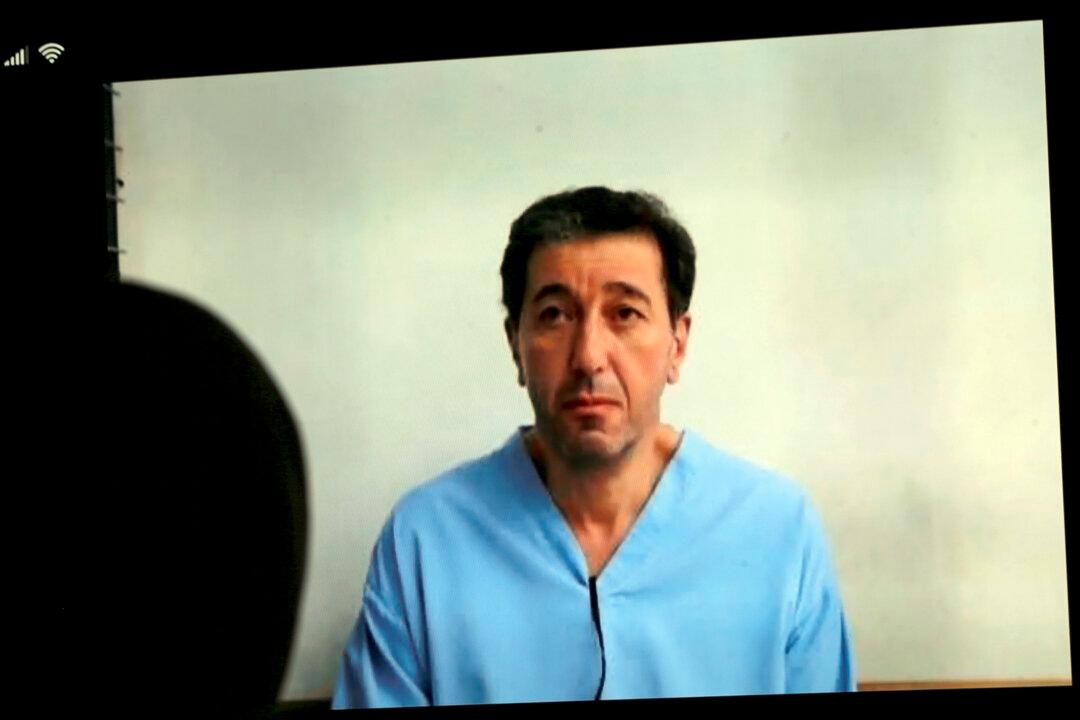AMMAN, Jordan—A Jordanian state security court on Monday sentenced two former officials to serve 15 years in prison over an alleged plot against the Western-allied monarchy involving the half-brother of King Abdullah II.
Bassem Awadallah, who has U.S. citizenship and once served as a top aide to King Abdullah II, and Sharif Hassan bin Zaid, a member of the royal family, were found guilty of sedition and incitement charges. They are alleged to have conspired with Prince Hamzah, the king’s half-brother, and to have sought foreign assistance.





